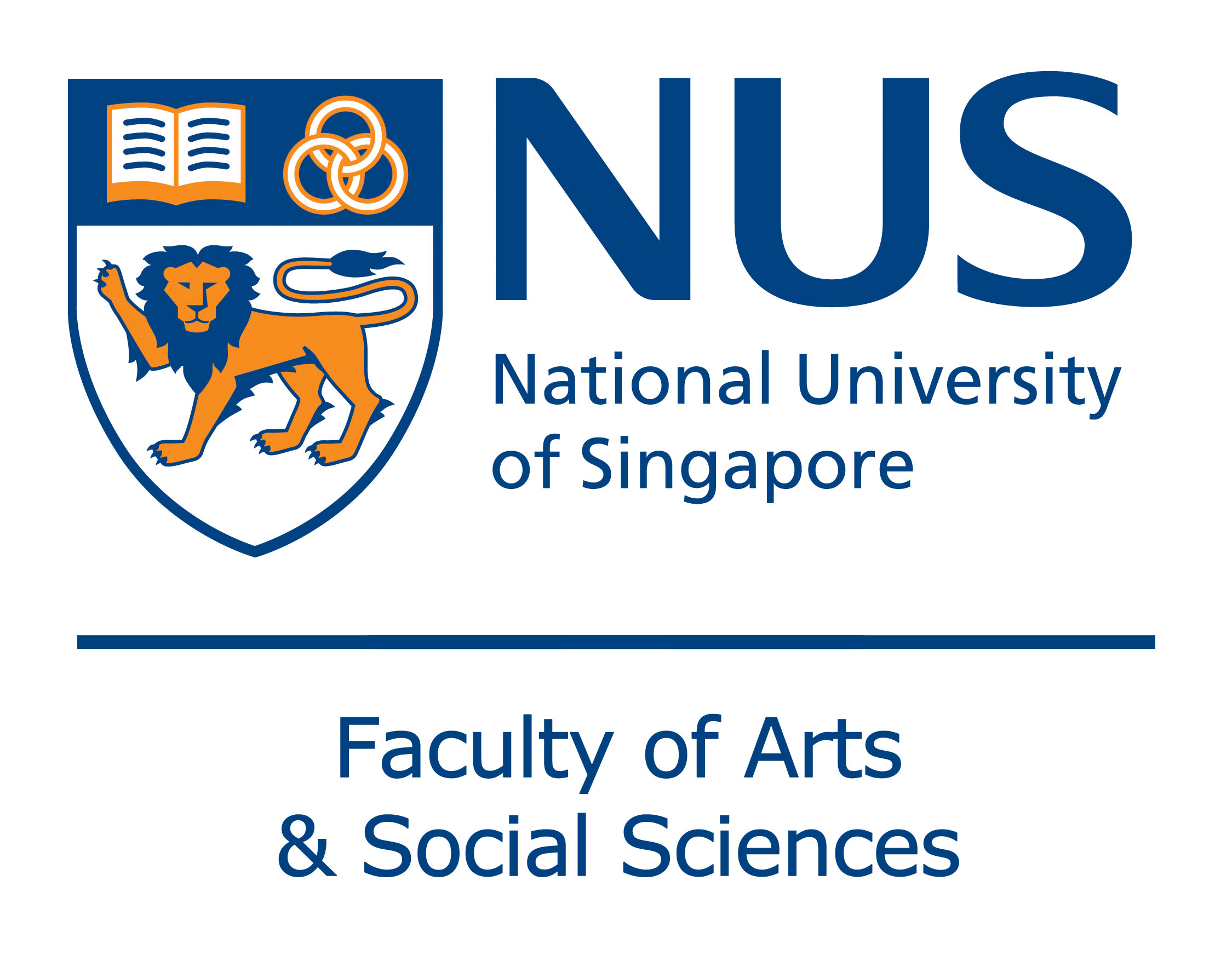In ‘The Political Participation of Firms in Southeast Asia’, a 2021-2024 project funded by the Ministry of Education’s Tier 2 Academic Research Fund, Associate Professor Kim Soo Yeon (NUS Political Science) and her research team will examine data from local and international companies in seven countries in the ASEAN Economic Community (AEC) in order to better understand how they are affected by regional economic integration. They will look at how each firm’s capabilities and strategic environment impact their political aims, the way they select where and how to address conflicts with other corporations and with the state, and how social ties are utilized to enable their political access and risk management.
A/P Kim and her colleagues have found that greater economic integration within regions causes disruption to previously successful companies while opening up new business opportunities. The project will produce knowledge that can be leveraged upon to boost corporate competitiveness and contribute to improved policymaking in the AEC.
The research team will survey thousands of companies online, as well as interview a select number of managers on topics that include business strategy and decision-making. They will investigate the differences in political orientation between domestic and international firms with an eye on the role they will play as ASEAN business ties deepen. In addition, they will explore the means in which states can respond to damaging disruptions encountered during regional economic integration, as well as during global crises like the COVID-19 pandemic.
The research has a strong focus on how each company engages with the ASEAN Single Window (ASW) and its influence on regional economic interaction. The ASW allows ASEAN members to electronically exchange border trade-related documents. The research will also be informed by the UN Global Survey on Digital and Sustainable Trade Facilitation and the Trade Agreements Provisions on Electronic-commerce and Data (TAPED) dataset. Furthermore, the study will ascertain the extent to which companies engage with and support the Framework Agreement on Facilitation of Cross-Border Paperless Trade in Asia and the Pacific (FA-CPT) adopted as a United Nations treaty on 19 May 2016.
The study will pinpoint each company’s strengths in operating in a more open and competitive economic landscape and identify how shifts in the business environment affect a company’s ability to broaden its reach beyond national borders and across and beyond regional boundaries. It will also examine how global production networks have influenced international trade agreements. Recent trade agreements encourage free trade through the removal of tariffs and other obstacles, and set out policies for production, environmental preservation, commitments, investments, and dispute resolution. The researchers will analyse the variety of ways different companies with differing positions in supply chains respond to these agreements, looking at which parts of the agreements they are most interested in and why, and how they evaluate specific issues in relation to others in overall trade policies. In addition, the study will uncover how competition between the US and China affects corporations in and beyond their borders, exploring how they want to position themselves between these economic superpowers and the role trade agreements and enhanced ASEAN integration play.
The project will also analyse how social ties influence corporate capabilities, preferences, and strategies for shaping political and economic policy. Social ties play a particularly important role in business and politics in Southeast Asia because many ASEAN member nations have poor contract enforcement mechanisms and weak political systems, and family businesses are often key economic players.
‘The Political Participation of Firms in Southeast Asia’ will ultimately assist local businesses in learning about their strengths and weaknesses in relation to competing multinational firms, which will help them successfully expand into overseas markets.



You must be logged in to post a comment.